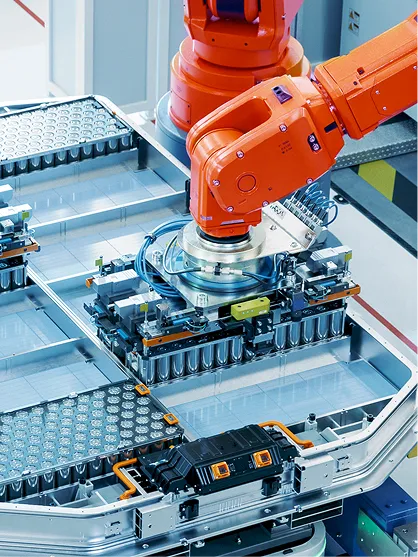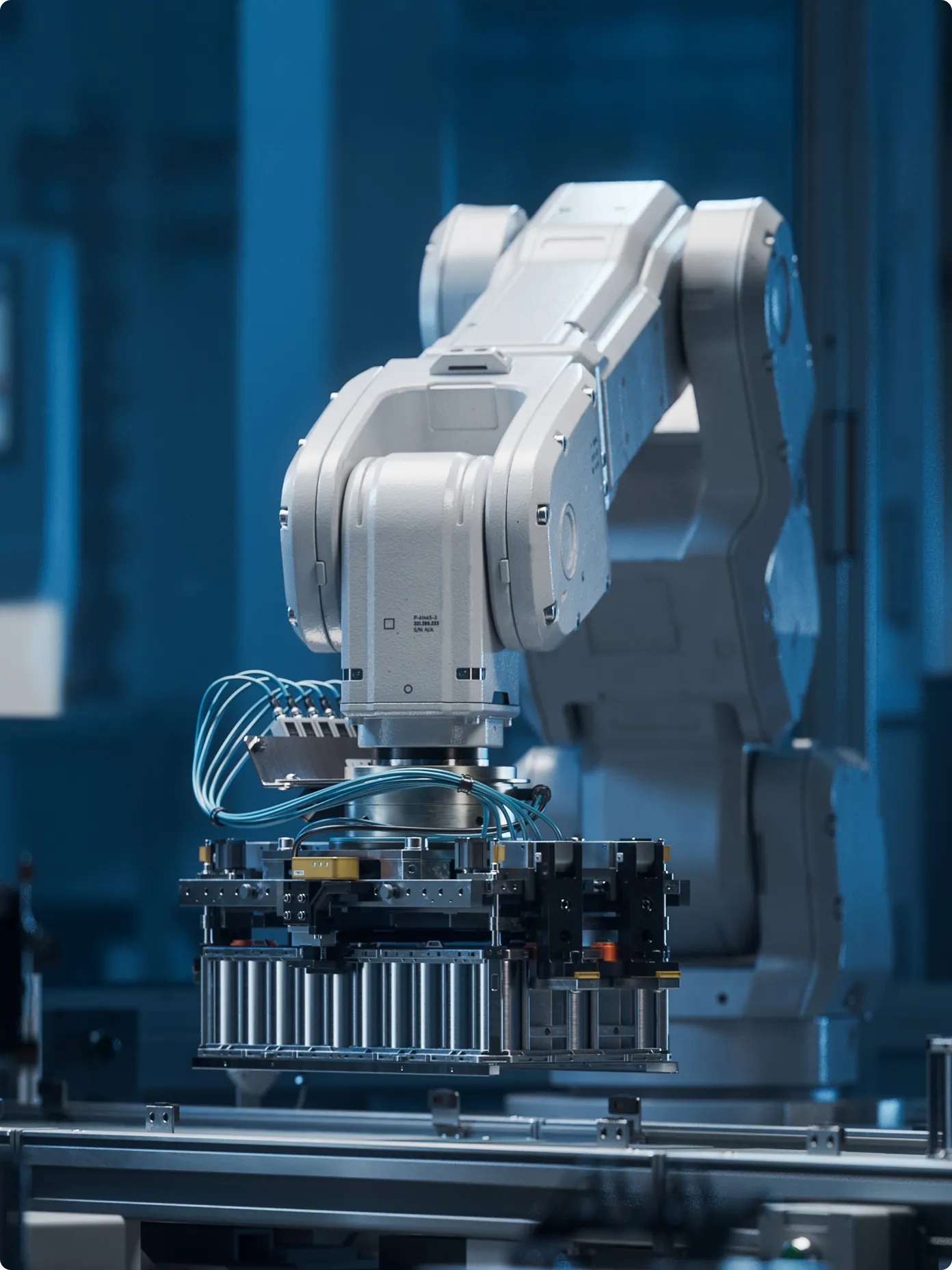EXEIN FOR MANUFACTURING
Smart manufacturing, secured from within.
Exein protects your machinery, embedded systems, and IoT devices - from the production line to the cloud.



Securing the future of industry 4.0
As manufacturing becomes smarter and more connected, the attack surface expands. Exein provides security at the firmware level, where attacks often begin, without slowing down production.
Manufacturing cyberattacks target operational technology
Average cost of a smart factory breach
Smart security for smarter manufacturing

Security at all levels

Zero downtime

Smart growth, secured
case studies
FAQ
From integration to incident response, explore common questions and how Exein helps secure what matters.
What is manufacturing cybersecurity?
Manufacturing cybersecurity involves the technologies and practices used to protect industrial production environments from digital threats. It focuses on securing Operational Technology (OT) systems such as PLCs, HMIs, and SCADA, along with industrial IoT devices that support smart factories.
Key manufacturing cybersecurity measures include:
- Network segmentation to separate critical systems.
- Protocol anomaly detection for industrial protocols like Modbus and DNP3.
- Asset discovery to maintain visibility of all devices.
- Real-time monitoring to detect and respond to threats promptly.
These solutions help prevent downtime, data loss, and interruptions to production.
Why is manufacturing a common target for cyberattacks?
Manufacturing is a frequent target for cyberattacks because of its critical role in supply chains and the increasing connectivity of OT environments. Attacks often exploit credential theft, ransomware, and supply chain vulnerabilities.
Important factors increasing risk include:
- Use of legacy systems that may lack modern protections.
- Complex and interconnected supply chains.
- Limited visibility into cybersecurity across IT and OT networks.
Attackers often leverage gaps between IT and OT systems and exploit trusted vendor relationships to introduce malware that can go undetected for extended periods.
What are the biggest cybersecurity challenges in manufacturing?
The manufacturing sector faces six core security challenges, including:
- Legacy systems without modern security controls.
- IT/OT convergence, expanding the attack surface.
- Third-party risk across global supply chains.
- Ransomware, which now accounts for 65% of industrial cyber incidents.
- Talent shortages, with 3.5 million open cybersecurity roles worldwide.
- Compliance pressures, including NIS2, IEC 62443, and ISO 27001 requirements.
How is cybersecurity implemented in manufacturing environments?
Cybersecurity in manufacturing is implemented through a multi-layered strategy:
- Risk assessment of assets, protocols, and vulnerabilities across IT/OT.
- Network segmentation using industrial firewalls.
- Protocol monitoring for anomalies (e.g., Modbus, OPC UA, BACnet).
- Incident response plans tailored to production disruptions.
- Continuous monitoring with alerting systems and logs.
- Personnel training to reduce phishing and credential theft risks.
Manufacturers often rely on platforms purpose-built for industrial cybersecurity to ensure scalable protection across plants, suppliers, and connected machinery.
